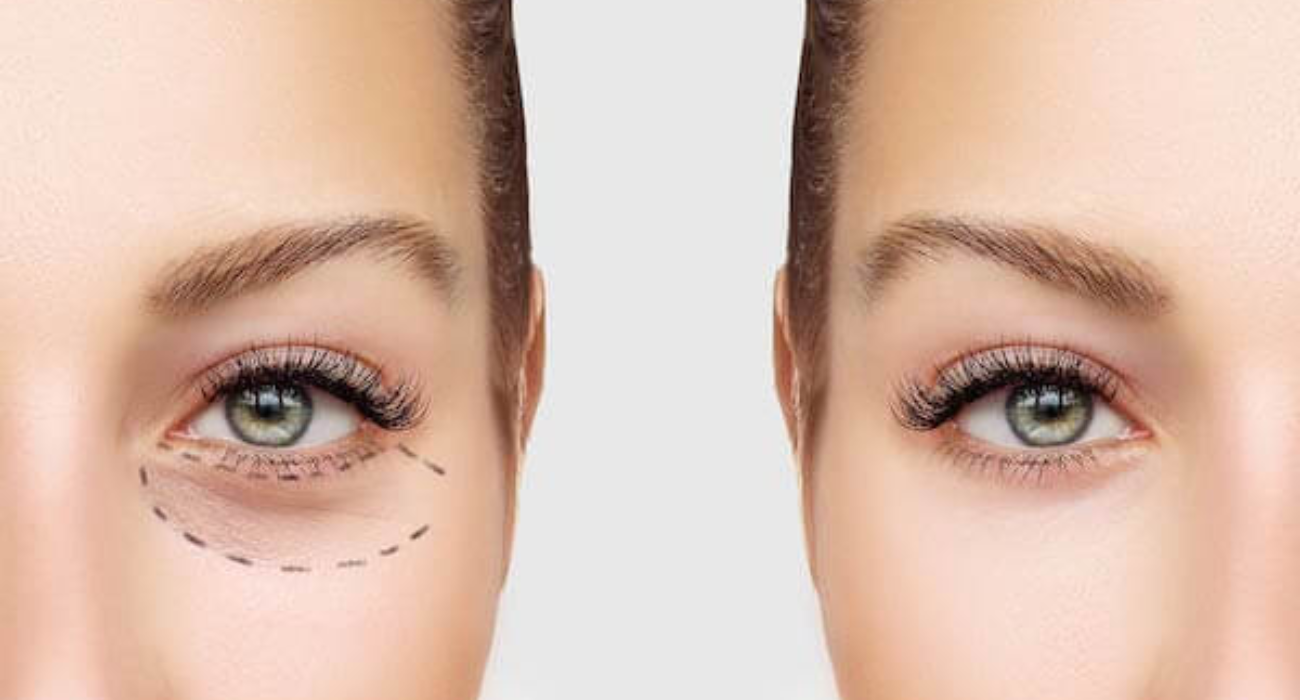
What Treatments for Dark Circles Under the Eyes Do Dermatologists Suggest
Many individuals are concerned about dark circles beneath their eyes, which can frequently give the appearance of fatigue or weariness. Even though there are several causes for them, including age, heredity, and sleep deprivation, dermatologists have a few suggestions to help lessen their appearance. Here’s a complete overview of what dermatologists offer for combating those annoying dark circles.
Knowing the Reasons
The fundamental reasons for dark circles should be understood before looking at therapies. These may consist of:
- Genetics: You may be more susceptible to dark circles if your family has a history of them.
- Age: As we become older, our skin thins and loses collagen, which increases the visibility of blood vessels.
- Fatigue: Not getting enough sleep can make blood vessels enlarge, giving the impression of darkness.
- Allergies: Swelling and inflammation brought on by allergic responses can exacerbate dark circles.
- Sun Exposure: UV radiation can cause the formation of more melanin, which darkens the skin behind the eyes.
Recommendations from Dermatologists
1. Topical Interventions
Dermatologists frequently suggest the following topical remedies to help lighten dark circles:
- Retinoids: These vitamin A derivatives thicken the skin and encourage the formation of collagen, which makes dark circles less noticeable.
- Vitamin C: Generally recognized for its ability to brighten skin, vitamin C can help reduce hyperpigmentation and even out skin tone.
- Hydroquinone: Due to possible adverse effects, this skin-lightening medication should only be used under a dermatologist's supervision. However, it can be helpful for certain people.
- Peptides: These can lessen the visibility of dark circles by strengthening and improving the texture of the skin.
2. Creams for the Eyes
Specialized eye lotions generally contain a mix of the above chemicals, as well as caffeine, which can help constrict blood vessels and decrease puffiness. For the greatest results, look for products that are advertised as addressing puffiness and dark circles, and apply them consistently.
3. Modifications to Lifestyle
Changing a few aspects of your lifestyle can also help reduce dark circles:
- Get Enough Sleep: To help your skin heal and regenerate, try to get between seven and nine hours of good sleep every night.
- Remain Hydrated: Drinking plenty of water helps keep your skin supple and minimize the look of dark circles.
- Handle Allergies: To reduce symptoms if allergies are a factor in your dark circles, think about using antihistamines or allergy pills.
4. Sunscreen
Wearing sunscreen that is particularly made for the eye region is essential since sun exposure can exacerbate dark circles. Broad-spectrum SPFs help stop further pigmentation and shield sensitive skin from UV radiation.
Dermatologists may suggest cosmetic operations for more chronic cases:
- Chemical peels: These can enhance the texture of the skin beneath the eyes and help lighten pigmentation.
- Laser Therapy: This more long-lasting approach can target pigmentation and increase the creation of collagen.
- Fillers: Hyaluronic acid fillers can smooth the region and replace lost volume if dark circles are the result of volume loss.
6. Cold Presses
Using a cold compress or several chilled spoons under the eyes will help relieve puffiness and dark circles momentarily. By narrowing blood vessels, this technique reduces puffiness.
Conclusion
Although dark circles beneath the eyes can be an annoying problem, physicians have several practical remedies. There are several methods to lessen their appearance and get a brighter, more rested appearance, ranging from topical treatments and lifestyle modifications to sophisticated cosmetic surgeries. If you are still experiencing dark circles after trying everything, you might want to see a dermatologist for individualized guidance and choices for treatment. Recall that consistency is essential, and you may enjoy a more colorful appearance and lessen those dark circles with the appropriate strategy.